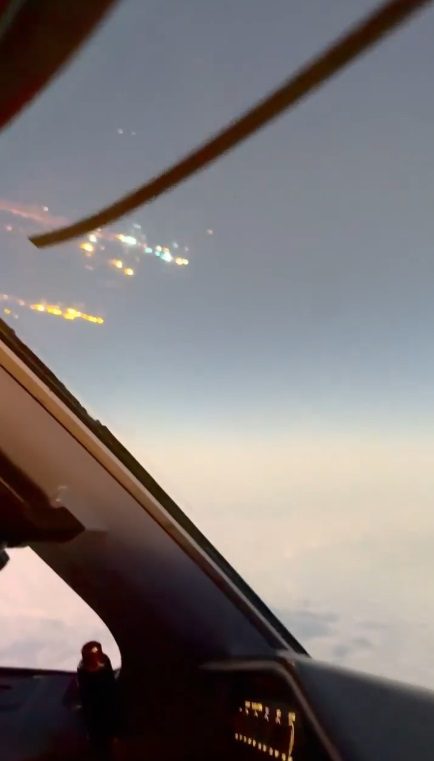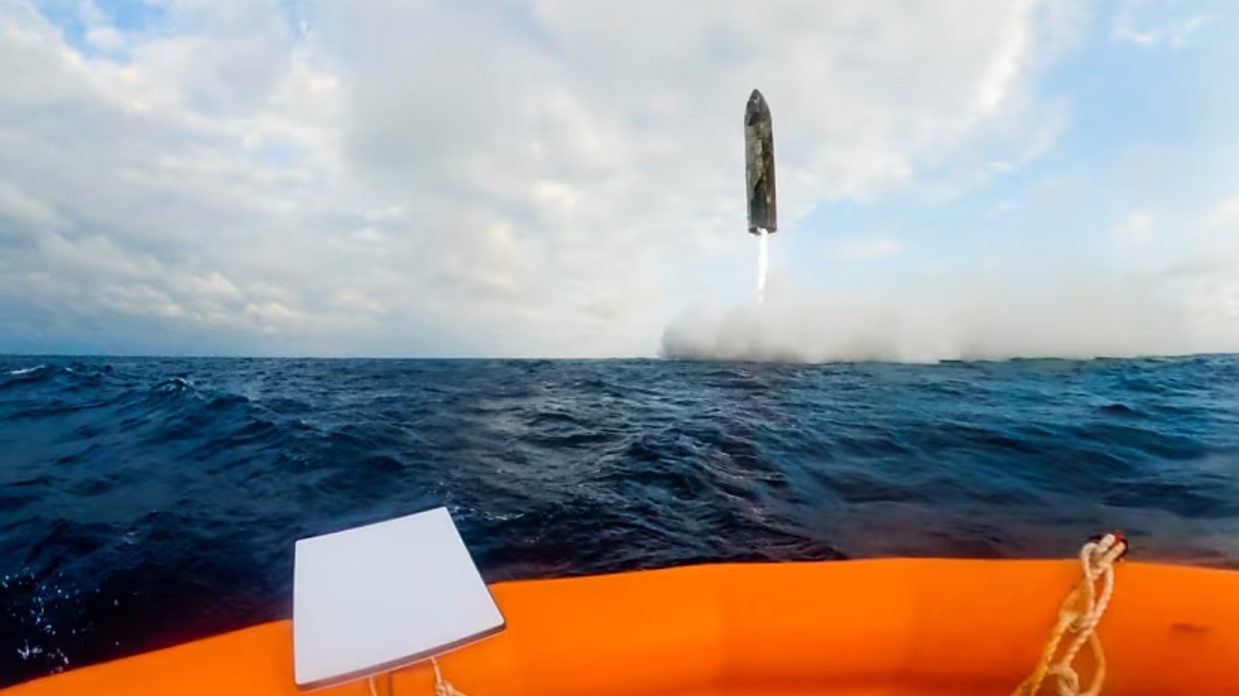In early May, teams of rocket enthusiasts were at the Big Range 2012 Launch Campaign in Sutherland, Scotland to hold suborbital high altitude experimental rocketry tests. The event is a collaboration between the Scottish Aeronautics & Rocketry Association (SARA), UK Rocket Association (UKRA) and AspireSpace.
Of the teams, one from Cambridge University made an attempt at taking the current UK altitude record for an amateur rocket. The record currently stands at 24,500 feet and the Cambridge hoped to better that by 10,000 feet using a two stage solid fuel rocket using 15kg of ammonium perchlorate – the same fuel that were used by the Solid Rocket Boosters (SRBs) on the Space Shuttle launch system. The Cambridge team’s rocket’s light weight structure was made from carbon fibre and red anodised aluminium. The total mass of the rocket was 40kg.
After a one day delay due to ignition failure, the launch and stage separation went well on 3 May. However, sadly, the team could not tell whether the altitude record had been breached as they could not find the second stage with the altimeter recording system aboard. The science writer, Dr. Lucy Rogers, who was observing the launch, amusingly commented: “We hope the gamekeeper will come across it sometime.”
The team was not disheartened however and gained plaudits from rocket experts including James Macfarlane, Chairman of the UK Rocket Association (UKRA) and Director of the rocket research firm Airborne Engineering Ltd: “I am very impressed with this group. Every problem they have encountered they have designed and built elegant and professional solutions.”
Given the altitude targets involved, a special NOTAM air traffic warning was issued for the event which is now expected to become an annual gathering. Next year, the Cambridge University Spaceflight Rocket Team is promising to return with a three-stage rocket capable of reaching 50,000 feet.






